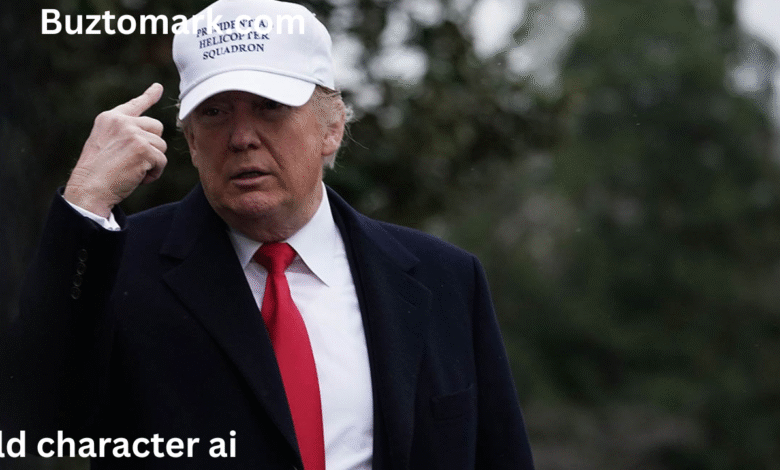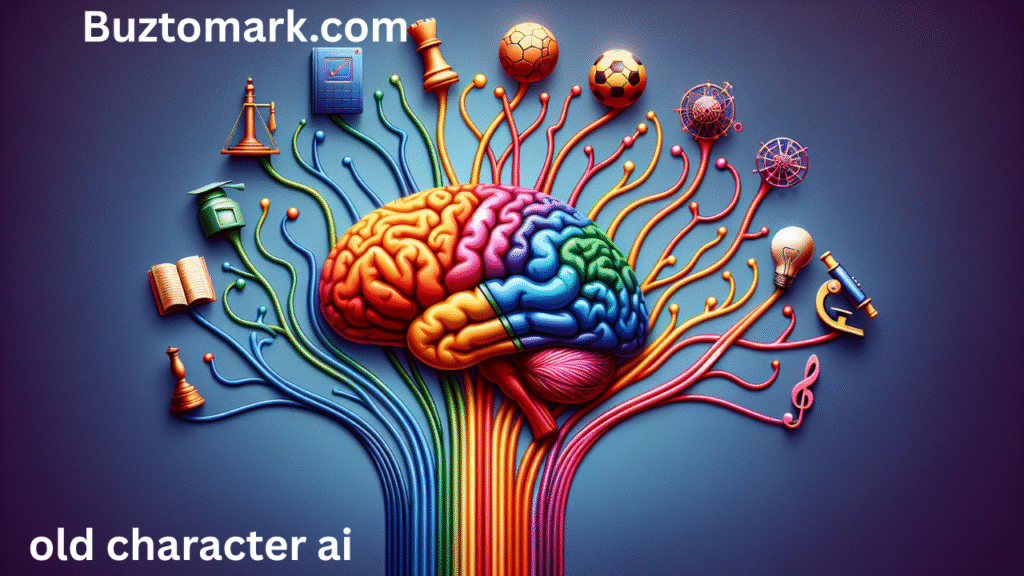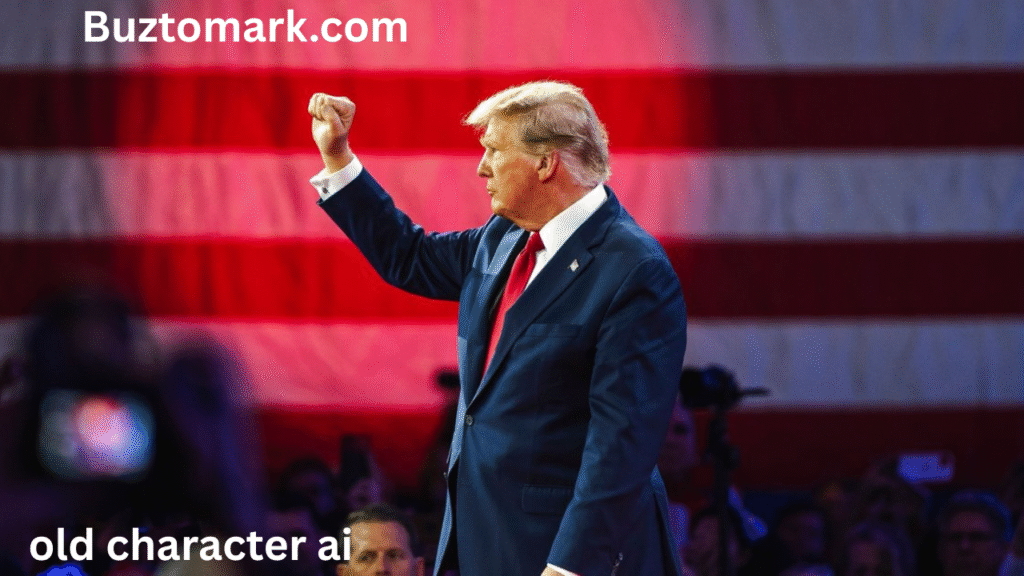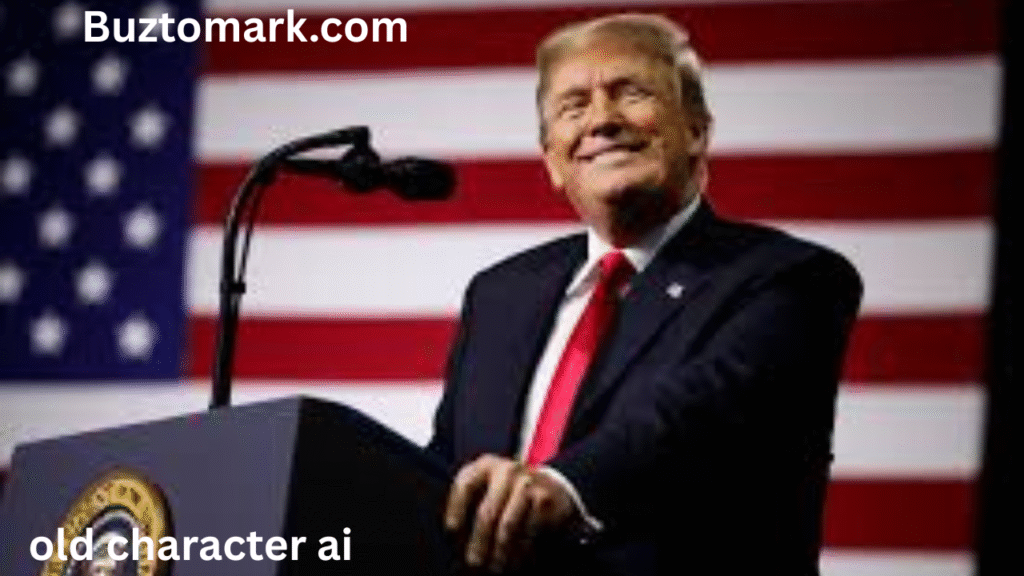Trump IQ and Beyond the Standard?? A Closer Look at Intelligence, Leadership, and Public Perception

The phrase “Trump IQ” has long sparked debate, fascination, and controversy among both supporters and critics of former U.S. President Donald Trump. Whether people believe his intelligence is “genius-level” or question it altogether, there is no denying that the topic is part of a larger discussion—one that goes beyond the standard?? definitions of intelligence. Trump’s approach to communication, business, and governance has invited both admiration and skepticism. But how do we understand his intellect? And what lies beneath the buzzword “Trump IQ”?
In this article, we examine what is publicly known and speculated about Trump’s intelligence, how IQ as a concept functions in society, and how Trump’s actions challenge—or conform to—the traditional standards of what it means to be “smart.” This isn’t just about numbers; it’s about redefining what intelligence means in the context of leadership and public influence.
Understanding the Basics: What Does “IQ” Really Measure?

Before diving deeper into the notion of “Trump IQ,” it’s important to understand what IQ is. Intelligence Quotient (IQ) tests are standardized assessments designed to measure reasoning, problem-solving, and analytical thinking. But these tests don’t capture everything. They don’t measure creativity, emotional intelligence, social acuity, or leadership skills—qualities that some would argue are more critical to success than traditional metrics.
This raises the question: when we talk about “Trump IQ,” are we talking about his score on a standardized test (which remains unconfirmed), or are we talking about something else entirely? Is it more about Beyond the Standard?? capabilities—such as strategic media manipulation, persuasive communication, and instinctual business decisions?
Trump’s Own Claims: “A Very Stable Genius”

One of the reasons “Trump IQ” became such a widely discussed topic is because of Trump himself. In 2018, he famously tweeted that he was a “very stable genius,” drawing global attention and further intensifying the focus on his intelligence. While he has never publicly released an IQ score, supporters and critics alike have analyzed his every move to make their own assessments.
Some supporters cite his success in branding, business negotiations, and political ascent as evidence of high intelligence. Others point to his unorthodox communication style, factual errors, and unpredictable behavior as reasons to doubt such claims.
In either case, the discussion of Trump IQ often ignores the deeper question: are we still measuring intelligence by outdated standards? Or is Trump’s success itself an example of a new kind of intellect—one that exists beyond the standard?? markers?
Trump IQ and Business Acumen: Is Success a Sign of Intelligence?

Donald Trump’s career in real estate and branding has been undeniably successful in terms of name recognition and market impact. The “Trump” brand became a symbol of luxury for decades, attached to everything from towers to steaks. His ability to position himself at the center of attention—both positive and negative—reveals a knack for strategic thinking.
For some, these are indicators of a strong IQ. They argue that traditional intelligence measures fail to capture Trump’s street smarts and instinctive decision-making. Others claim that Trump inherited much of his wealth and that his numerous bankruptcies are evidence of flawed business judgment.
Whether seen as savvy or superficial, the fact remains that “Trump IQ” isn’t just about solving math problems—it’s about how we define success, competence, and influence in a modern world. Does Trump’s business legacy offer evidence of intelligence beyond the standard?? framework?
The Political Sphere: Intelligence in Unpredictable Leadership
When Donald Trump entered the political world, many underestimated him. Few expected him to win the 2016 presidential election. Yet he defied predictions and carved out a powerful base of support. His campaign messaging resonated with millions, and he used simple, direct language that many found refreshing and relatable.
Critics accused him of oversimplification and lacking policy depth, but supporters saw his approach as direct and effective. This divergence in opinion again ties into the “Trump IQ” discussion. Does intelligence in politics require polished rhetoric and complex policy knowledge? Or can it also include the ability to emotionally connect with voters and dominate media cycles?
Trump’s presidency showed that intelligence in politics may not always look the way it has in the past. It may, in fact, exist beyond the standard?? model that political insiders once upheld.
Public Perception and Media Framing of “Trump IQ”
Media has played a large role in shaping public opinion on Trump IQ. Late-night shows, political pundits, and viral memes often mock or exaggerate his statements and mannerisms, while conservative commentators defend his achievements and leadership choices.
This polarization has led to a kind of symbolic warfare over what intelligence really means. In this war of ideas, “Trump IQ” becomes more than a measurement—it becomes a cultural dividing line. Whether you admire or dislike Trump often determines how you view his intellect.
But perhaps we’ve been framing the question the wrong way. Rather than asking “how smart is Trump?” we might ask “how has Trump changed the way we think about intelligence and power?” That question takes us into territory that goes beyond the standard?? scope of traditional IQ tests and into the realm of influence, adaptability, and persuasion.
Emotional Intelligence and “Trump IQ”: A Complicated Picture
IQ tests don’t measure emotional intelligence (EQ), but EQ is often critical in leadership. Trump’s emotional intelligence is a subject of debate. He shows resilience under criticism, a relentless drive, and an understanding of media optics. Yet critics argue he lacks empathy and often responds impulsively to criticism, sometimes undermining his own goals.
This duality complicates the narrative. Is his ability to control media cycles and fire up his base a form of emotional intelligence? Or do his combative responses and public feuds point to limitations?
The answer might not be binary. Trump’s EQ, like his IQ, may lie in uncharted territory—again pointing us beyond the standard?? metrics used to evaluate public figures.
Redefining Intelligence: The Broader Implications of the “Trump IQ” Debate
At its core, the ongoing discussion about Trump IQ reflects a larger societal shift. We are moving away from rigid, test-based definitions of intelligence and toward a more nuanced understanding. This includes acknowledging skills like adaptability, persuasion, and emotional resonance.
Trump, whether you admire him or not, has forced the public to reconsider what it means to be “smart.” He has exposed the gap between elite knowledge and mass communication, between institutional qualifications and popular appeal.
In this sense, “Trump IQ” isn’t just a question about one man—it’s about how we understand intellect in the 21st century. And in that way, the conversation pushes us beyond the standard?? in every sense.
Conclusion: What Does “Trump IQ” Really Represent?
When we talk about “Trump IQ,” we are engaging in a broader conversation about intelligence, success, leadership, and influence. Traditional IQ tests offer one way of understanding intelligence, but they don’t capture the whole picture. Trump’s life, business success, political career, and media dominance challenge many of the old assumptions.
Whether or not Donald Trump’s IQ is objectively high by standardized test measures remains unknown—and perhaps it’s beside the point. What matters more is how the concept of “Trump IQ” forces us to rethink what intelligence looks like in a fast-changing world. Is it time to accept that there are forms of intelligence that exist beyond the standard?? models we’ve relied on for so long?
FAQs
1. What is Donald Trump’s actual IQ score?
There is no verified public record of Donald Trump’s official IQ score. All discussions about “Trump IQ” are based on speculation, observation, and self-claims.
2. Why did Trump call himself a “very stable genius”?
Trump used the phrase in a 2018 tweet to push back against media narratives questioning his intelligence and mental stability. It has since become a widely referenced quote.
3. Does business success reflect high IQ?
Not necessarily. While business success can indicate strategic thinking and adaptability, it does not directly correlate with traditional IQ scores.
4. Is emotional intelligence part of “Trump IQ”?
Some argue that Trump exhibits emotional intelligence in media and crowd influence, while others believe his behavior reflects poor EQ. It depends on how emotional intelligence is defined.
5. What does “Beyond the Standard??” mean in relation to Trump IQ?
It suggests that Trump’s intelligence may not conform to traditional measurements but still demonstrates capabilities—like influence, resilience, and persuasion—that challenge standard definitions.



